Vintage Treasures: The Bridge of Lost Desire by Samuel R. Delany
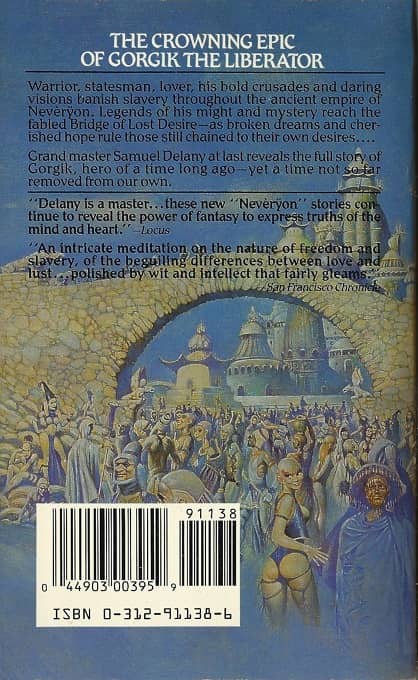 |
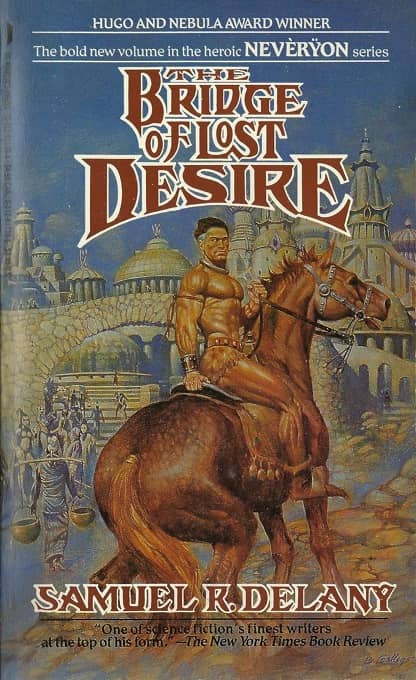 |
Samuel R. Delany is one of the greatest science fiction writers alive today. He got his start when his wife Marilyn Hacker became an assistant editor at Ace Books under Donald A. Wollheim, and helped him publish his first novel The Jewels of Aptor as an Ace Double in 1962, when he was just 20 years old. Since then he’s won virtually every award our field has to offer, including the Hugo, Nebula, and Locus Awards. In 2013 the Science Fiction Writers of America named him a SFWA Grand Master.
I’ve steadfastly collected the various paperback editions of Delaney’s books over the years, including his classics The Einstein Intersection (1967), Nova (1968), Dhalgren (1975), and Triton (1976). I believed (rather reasonably, I thought) that I had all of his major work. So earlier this year I was more than a little surprised to stumble on one I never knew existed: The Bridge of Lost Desire, a 1988 collection of three fantasy novellas from St. Martin’s Press.
The Bridge of Lost Desire is the fourth and last volume in Delany’s Nevèrÿon fantasy series. Unlike his science fiction novels, the Nevèrÿon books were never particularly popular, and have been out of print for over two decades. The first three were published as paperback originals by Bantam Books between 1979-85, with gorgeous covers by the fantasy artist Rowena. The Bridge of Lost Desire was first published as an Arbor House hardcover, and reprinted in what I can only assume was a poorly distributed mass market paperback edition by St. Martin’s Press in 1988.
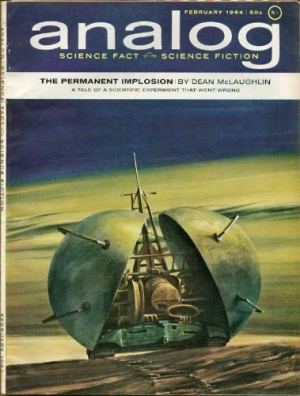
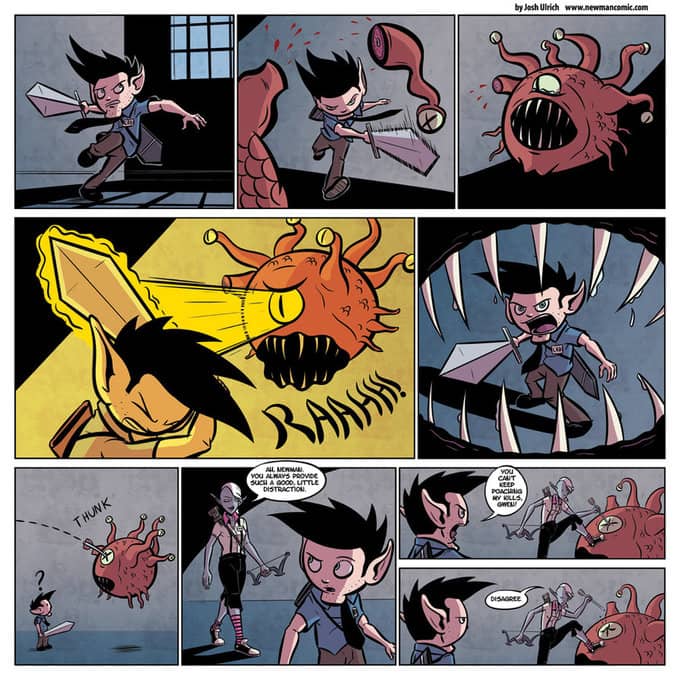

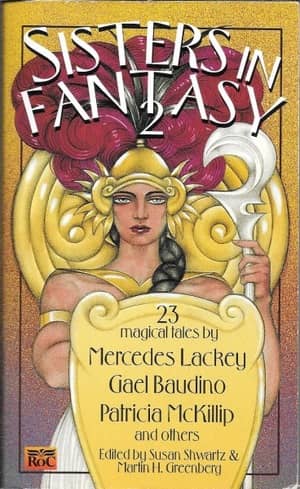
 After my first two films last Saturday, I left the large Hall Theatre to see a documentary in the 150-plus-seat De Sève Theatre across the street. The documentary was called Boiled Angels, and it presented the case of zinester and comics creator Mike Diana, whose transgressive work led to him being arrested and put on trial in Florida in the 1990s. I’d followed Diana’s plight at the time through reports in The Comics Journal, and was intrigued to learn more about it now. But if I personally was interested in the film as a look at comics history, I was surprised to find that much of the rest of the crowd was drawn by the chance to see new work by horror director Frank Henenlotter, creator of works like Bad Biology, Frankenhooker, Brain Damage, and Basket Case.
After my first two films last Saturday, I left the large Hall Theatre to see a documentary in the 150-plus-seat De Sève Theatre across the street. The documentary was called Boiled Angels, and it presented the case of zinester and comics creator Mike Diana, whose transgressive work led to him being arrested and put on trial in Florida in the 1990s. I’d followed Diana’s plight at the time through reports in The Comics Journal, and was intrigued to learn more about it now. But if I personally was interested in the film as a look at comics history, I was surprised to find that much of the rest of the crowd was drawn by the chance to see new work by horror director Frank Henenlotter, creator of works like Bad Biology, Frankenhooker, Brain Damage, and Basket Case. 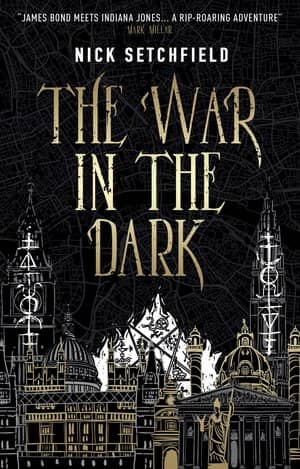
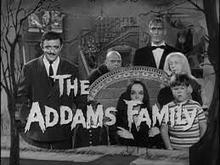 In my last couple of posts I’ve looked at
In my last couple of posts I’ve looked at 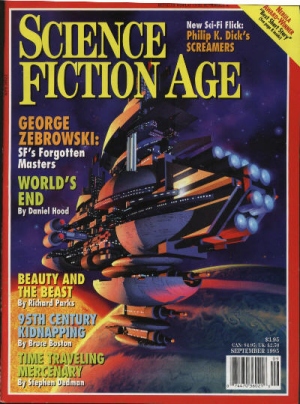
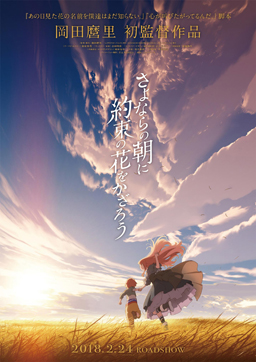 Weekend days are busy days at the Fantasia film festival. Weekends are when most people are most often free to see movies, so the programmers obligingly schedule a lot of films for Saturdays and Sundays. Last Saturday I had three movies I wanted to see. On the Sunday, I had five. Which meant that Fantasia was well and truly underway.
Weekend days are busy days at the Fantasia film festival. Weekends are when most people are most often free to see movies, so the programmers obligingly schedule a lot of films for Saturdays and Sundays. Last Saturday I had three movies I wanted to see. On the Sunday, I had five. Which meant that Fantasia was well and truly underway.